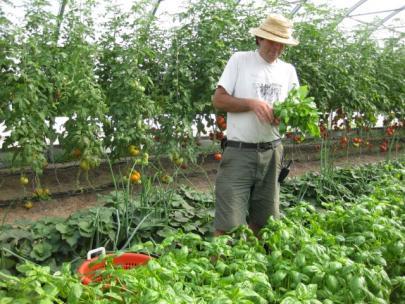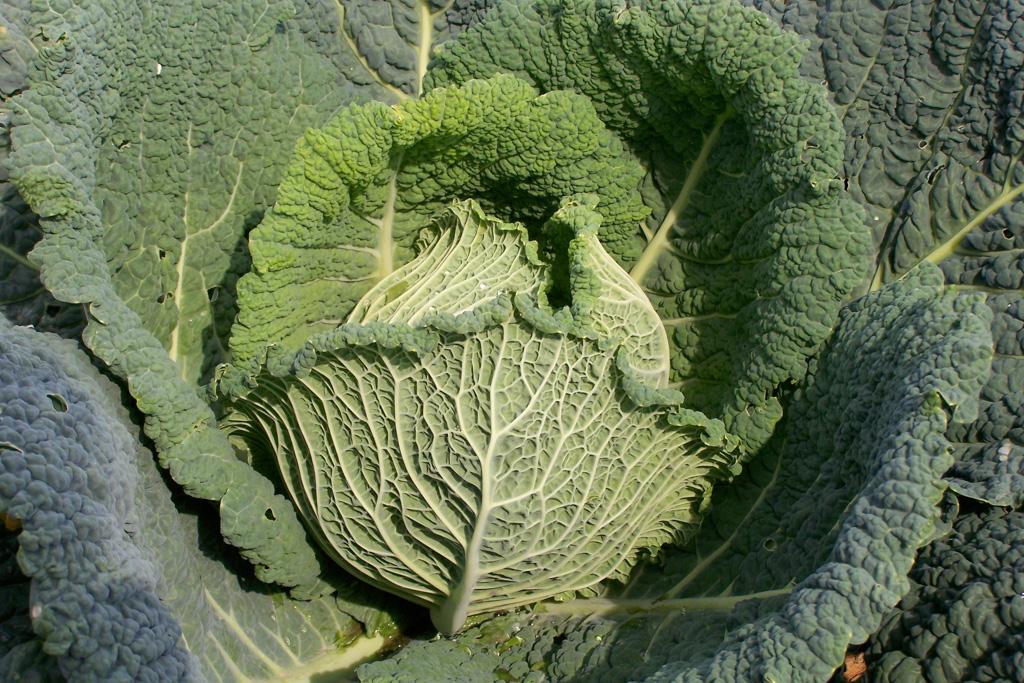1 - It will endorse your sustainable practices.
You grow and harvest food. You get your hands dirty every day. You use local, sustainable, environmentally-friendly techniques to turn the soil, feed the soil, weed and water your crops, feed your animals, harvest your veggies, and bring the product to market. You are already practically organic; getting certified will demonstrate and verify your way of doing business.
2 - Certified Organic is the GOLD SEAL of eco-labels.

The Vermont Certified Organic label carries with it a story of environmental and social consciousness. It tells people quickly, instantly, that you are a different kind of farmer. That you care about your community. That you believe in chemical-free agriculture. That you do the right thing for your employees. It tells people that your food is the kind of food they want to buy.
3 - You can harness the power of Organic, as a brand.
Millions of dollars and thousands of hours have been spent to promote the idea of organic. Decades after the movement began, consumers finally, truly understand the value of organic food. As one Vermont-certified grower put it, “The consumer, when they see that certified organic seal, it’s a trust issue for them. They say, ‘Great, certified organic…I know what I’m getting’.” Consumers look for, and ask for, organic products because they’ve learned that it means sustainable, chemical-free, healthy food.
4 - Certification is a relatively low-cost investment.
If you already follow sustainable, chemical-free, healthy practices on your farm, it’s easy to become certified. NOFA-VT can help. There are cost-sharing programs and reimbursements for fees. Certification will open doors for you toward greater community support (through your CSA, farm stands, and wholesale distribution), and economic stability. The cost is nominal, especially in the beginning. And with federal reimbursements of 75% of your out-of-pocket costs, you’ll pay as little as $100 to become certified.
5 - Holy cow...wholesale!
Did you know that the wholesale market for organically certified foods soars as soon as farmers’ markets wind down for the season? Starting in October and continuing til June, local grocers and health food stores are actively seeking to stock their shelves with a wide range of certified organically grown produce. That’s when customers (who, during the summer months, grow their own produce or buy it from a local CSA or farmers’ market) are clamoring at the stores for fresh, healthy, yummy vegetables (and chicken, and maple syrup, and herbs, and everything else). The stores want to buy and sell your product. But they need it to be certified to sell it as organic, and get the price it’s worth. If you’re not certified organic, you’ll have a hard time finding shelf space at City Market, Healthy Living, or your local Co-op.
6 - Premium prices for premium food.
Because you grow food the slow way (the right way!), your food is more expensive to produce than conventionally grown food. Your food is chemical free, and you deserve organic prices, which are about twice as much as conventional prices. “You definitely can get a premium, being certified organic,” says Geo Honigford, of Hurricane Flats Farms. He gives an example of a surplus of beets, about 500 pounds, that he sold to Black River Produce distributors. He said that before becoming certified, he would have received 60 cents/lb for his beets. With the CO seal, he received twice that: $1.20/lb. “It’s well worth my certification fees,” he says.
7 - Local is good. Local plus Organic is GREAT.
The localvore movement has benefited many farms in recent years, bringing new customers into the fold, and reinforcing ... People truly understand the value of fresh food, grown close to home. They understand the economic importance of supporting their local growers. This trend is a great thing for all Vermont farms, but it’s even better when you pair local with organic.
Consider this: Rachel Schattman, of Bella Farm, describes her troubles when she was starting out, trying to market a fresh farmstead pesto. There were plenty of local pestos on the shelves at the natural foods store. There were also plenty of organic pestos. For her, the key to success was putting them together. “Local and organic. Having those two things working for us was really important.” Her business took off.
8 - Taking back the organic brand.
You may have reservations about the quality of what certified organic means. (Do you consider your practice to be “beyond organic”?) It’s true that large-scale certified farms, especially in western and southern parts of the country, do not look like our farms in Vermont. They are certified, and monitored, by other agencies through the US Department of Agriculture. But our local process -- Vermont Certified Organic -- has a different, and much better, meaning than the USDA seal.
9 - Reinforcements and marketing support.
We’re in this with you. NOFA-VT is a dedicated non-profit putting muscle and brains behind the brand of VOF. We’re getting better all the time, and will continue to work toward legislative policies that honor and preserve organic farming, supporting our members and their practices, teaching and training our growers to be more efficient and more successful, and
10 - Ongoing support and education.
When you become a member of the Vermont Organic Farmers guild, you have access to a wide range of on-site support, technical assistance, grant possibilities, and marketing materials. Our mission is to enhance your practice and support your endeavors. That’s what we’re here for, to serve our members.
So why not get certified?
Still not convinced? We want to know why! Please give us a call and tell us your story.
Call Vermont Organic Farmers at (802) 434-3821

